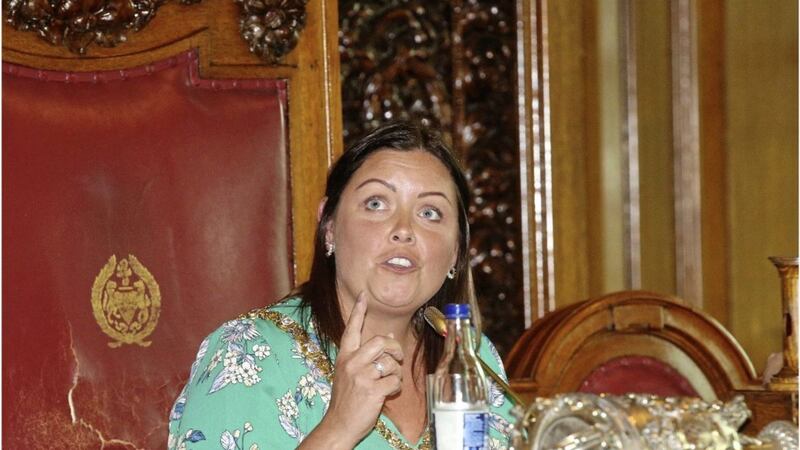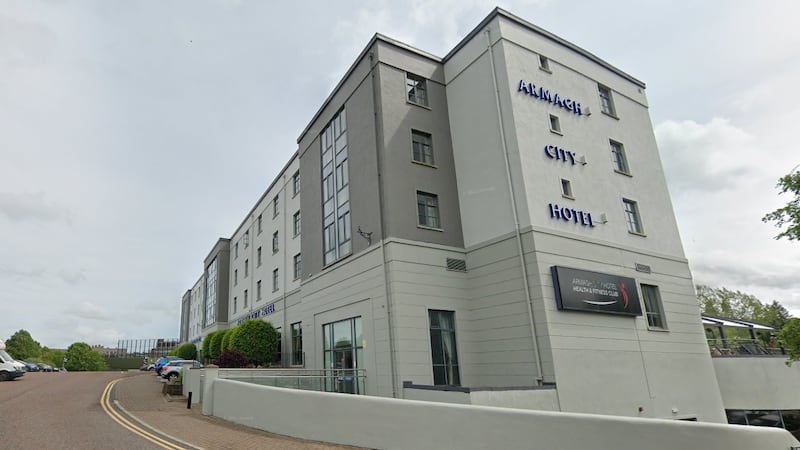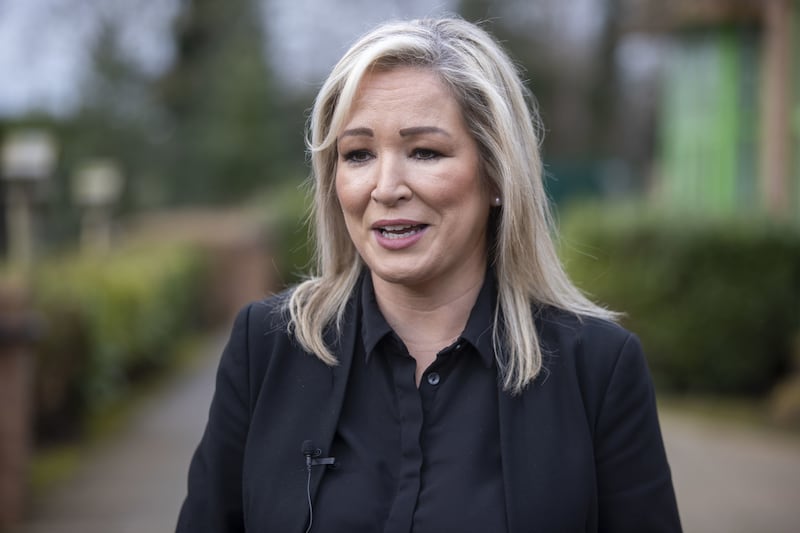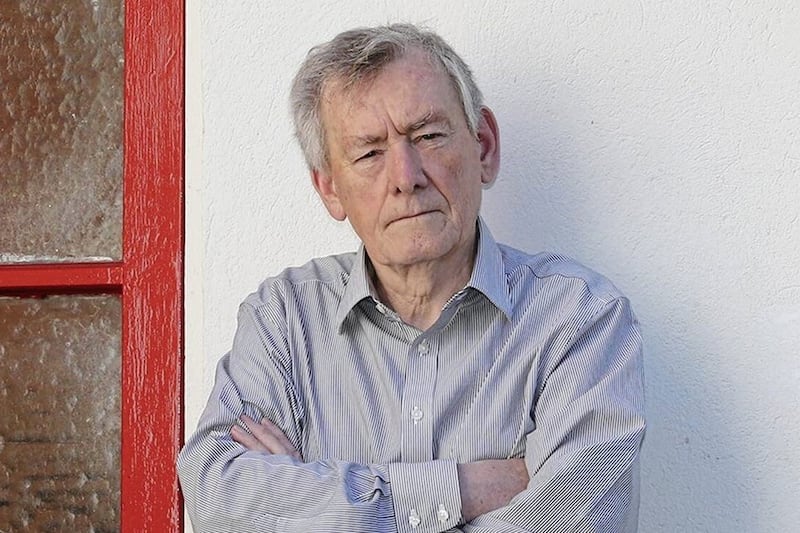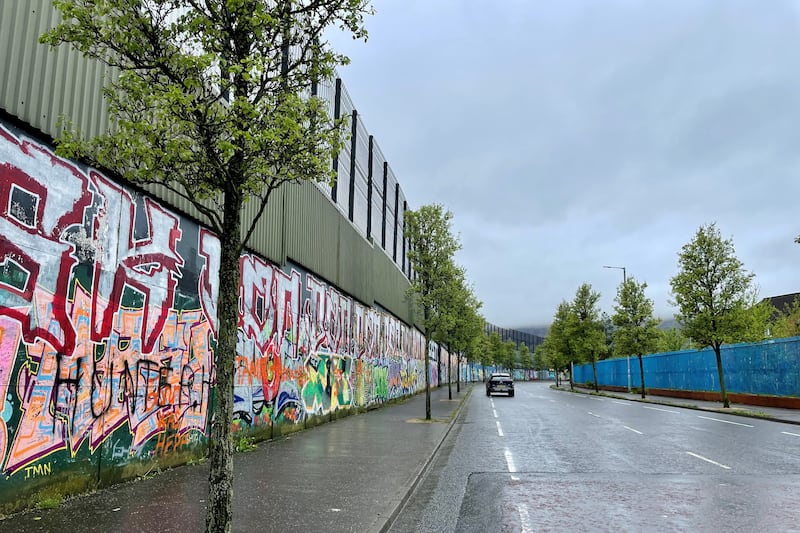SINN Féin has confirmed the party's three mayors in Northern Ireland will not take part in Remembrance Sunday events this weekend.
It comes as the party confirmed vice president Michelle O'Neill will attend a Remembrance Day Service at St Patrick's Cathedral in Dublin.
The three Sinn Féin mayors include Deirdre Hargey in Belfast, chairman of Mid Ulster District Council Sean McPeake and Causeway Coast and Glens Borough Council mayor Brenda Chivers.
A Sinn Féin spokesman said Ms Hargey had taken part in a number of events around the First World War this year.
He also said that the party had been in discussions with the Royal British Legion (RBL) in Belfast over "how we can respectfully remember" those who lost their lives in the First World War.
In Mid Ulster, the party said mayor Sean McPeake organised a remembrance event in December to bring people together.
Belfast deputy mayor, Alliance councillor Emmet McDonough-Brown, confirmed he would stand in for Ms Hargey at the event at Belfast City Hall this Sunday.
The party's mayors will also not be laying wreaths in individual one-off ceremonies before the events begin.
In previous years, Sinn Fein mayors in Belfast, including Mairtin Ó Muilleoir, took part in Armistice Day events but not Remembrance Sunday events.
But this year, Armistice Day and Remembrance Sunday fall on the same day.
A spokesman for Sinn Féin said that party members would not participate in ceremonies that "celebrate or attempt to legitimise British imperialism".
Meanwhile new research into the tens of thousands of Irishmen killed in the First World War is being made available online to commemorate the centenary of the end of the conflict.
The data, which is available on the Ancestry.ie website, offers a "fascinating insight" into the lives of Irish casualties and includes each soldier's name, rank, regiment, and details of how they died.
According to Irish government archives, nearly 80,000 men enlisted into the British army during the first 12 months of the war. They joined 50,000 Irishmen who were already serving in the armed forces. Although the exact number remains unclear, it is believed that up to 49,000 Irishmen died while fighting in the war between July 1914 and November 1918.
Soldiers featured in the new research include Royal Irish Rifles Captain Arthur Moore O'Sullivan, who fired the pistol shot that signalled the end of the famous Christmas truce of 1914, in which British and German soldiers met in no-man's land to exchange gifts and play football.
